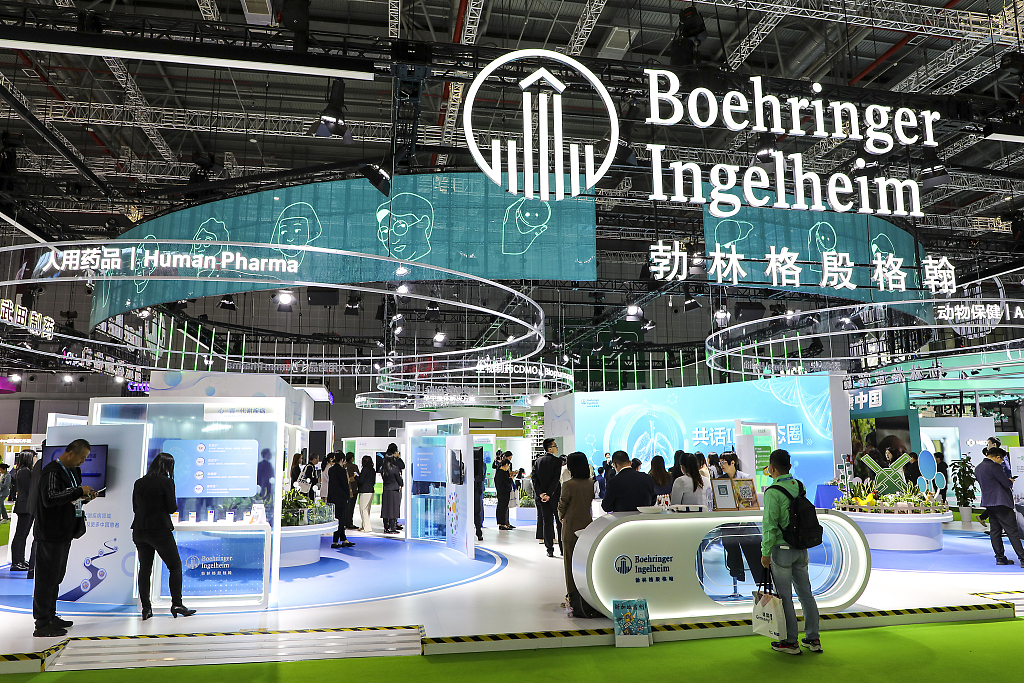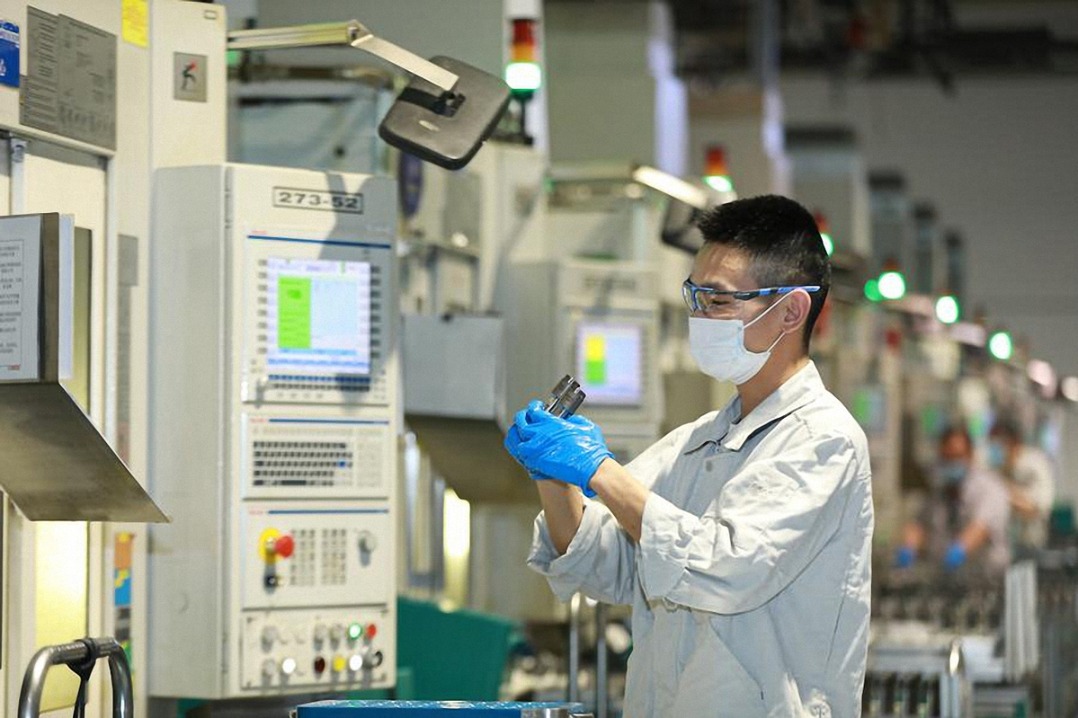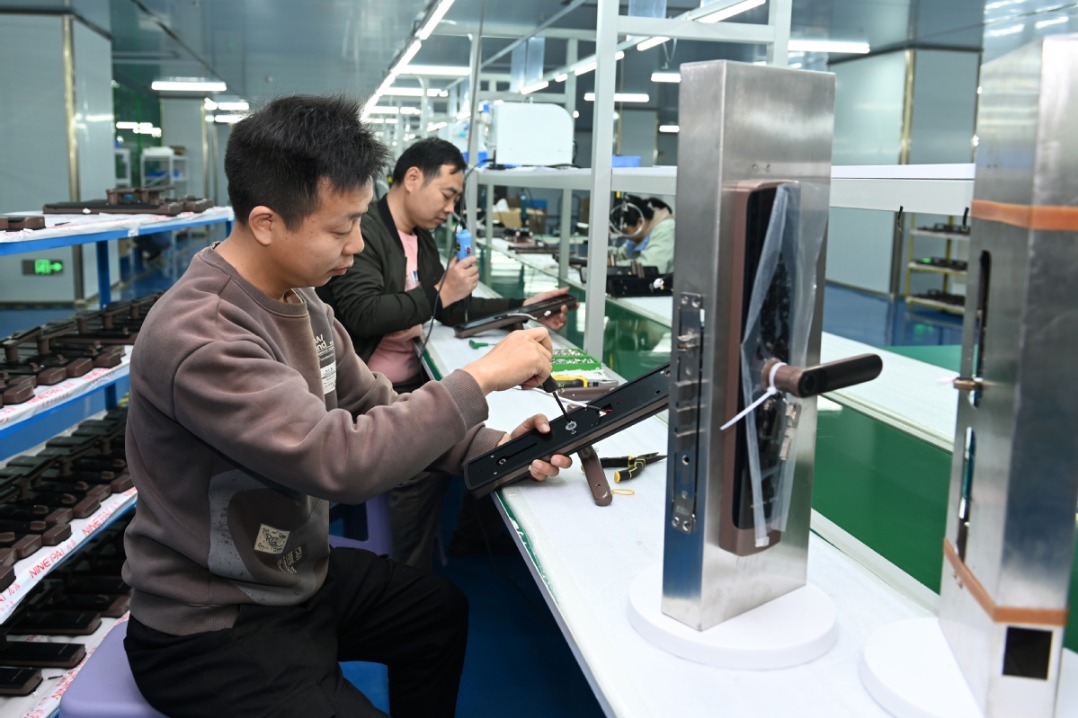China becomes first country to approve innovative German drug


German pharmaceutical company Boehringer Ingelheim said on Wednesday that an innovative subcutaneous injection used to treat generalized pustular psoriasis (GPP), a rare and severe skin disease, has been approved in China, ahead of the United States, the European Union and Japan.
The company said the biological agent approved for GPP patients aged 12 or above was the first global innovative drug by a multinational pharmaceutical company that went through worldwide multi-center, simultaneous research and development, and was first approved in China.
"China becoming the first market to approve the innovative therapy demonstrated the government's determination to streamline the review and approval of new and good medicines, and accelerate bringing innovative therapies, especially those with urgent clinical needs, to patients," said Zhang Wei, head of R&D and medicine of Boehringer Ingelheim China.
GPP is a rare skin disease characterized by acute onset. In addition to reddening of skin and emergence of multiple pustules all over the body, patients often develop symptoms such as fever, chills, and painful skin lesions. GPP can lead to life-threatening organ failures and complications in severe cases. There are about 20,000 GPP patients in China.
Medical experts said the signaling pathway of the cytokine IL-36 in human body is closely related to the pathogenesis of the disease. The innovative therapy blocks the inflammatory response produced by IL-36 and inhibits the inflammatory signaling pathway of GPP, so as to achieve rapid clearance of pustules and skin lesions as well as reduce attacks of the disease.




































